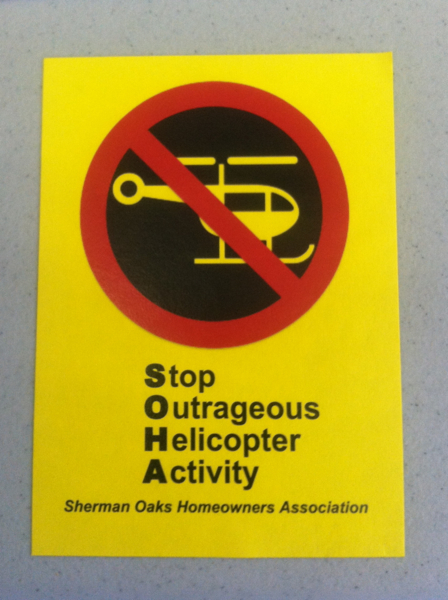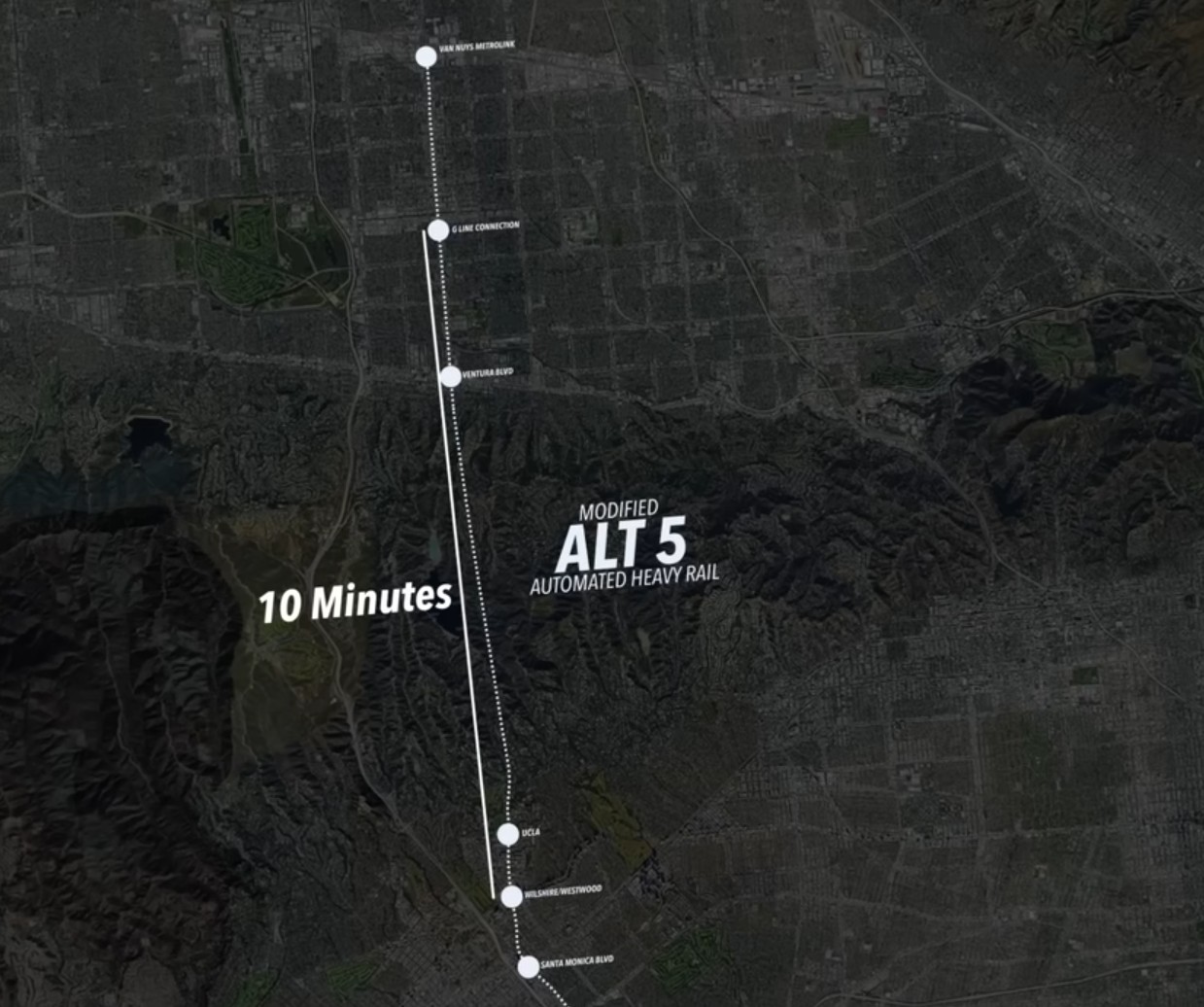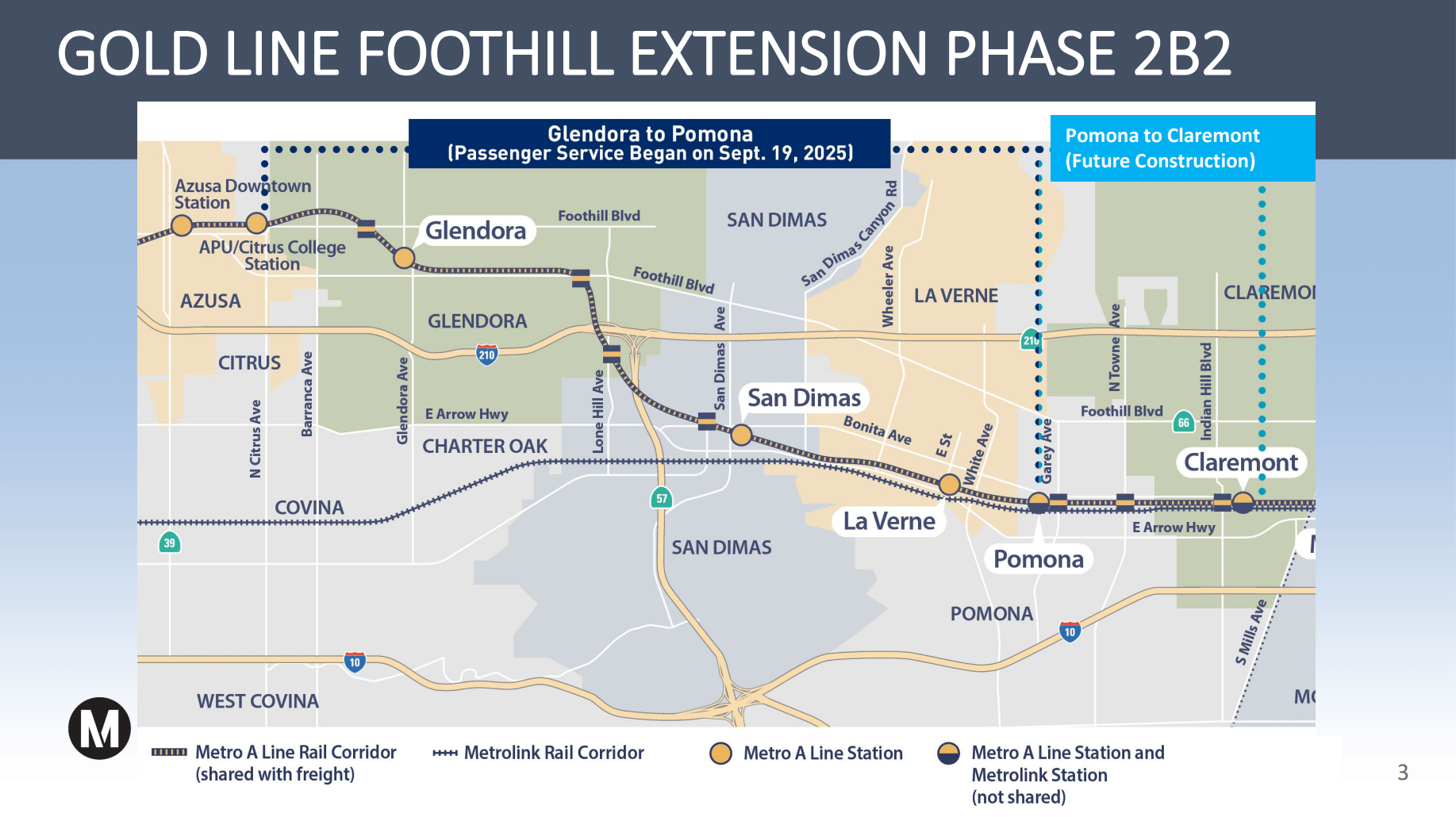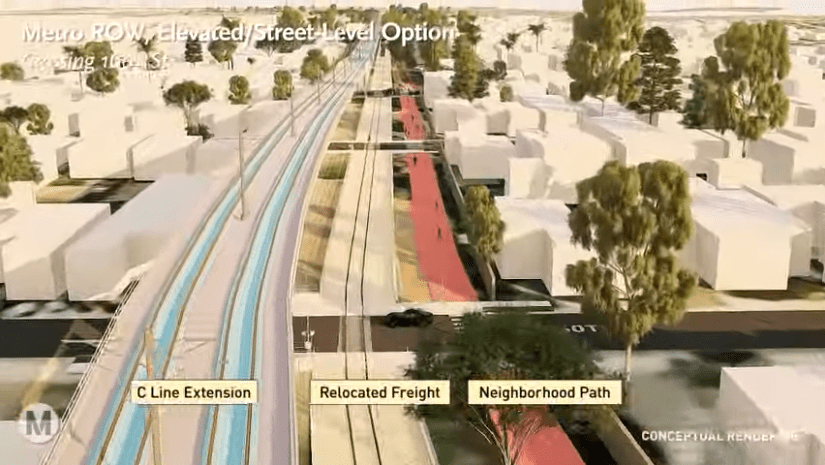
If you live in an area with a lot of police helicopter activity, it can be very frustrating.
Not just because it can wake you up in the middle of the night, rattling your windows, shaking your walls, or occasionally even shining a spotlight inside your apartment.
But also because you rarely learn why it was there in the first place or whether it actually helped resolve a crime.
Questions like that have led many to wonder if their use is excessive.
For folks living in areas like South L.A. and Boyle Heights, the "ghetto birds" are, as Boyle Heights' blogger Erick Huerta told Warren Olney during a Which Way, L.A.? segment on the topic this week, as ubiquitous as "mockingbirds or sparrows or anything else that's around the neighborhood. On any given night, you'll hear the bird up there, twirling around maybe 30, 40 minutes, and then flashing their lights into everybody's houses."
It's so routine, in fact, that the presence of helicopters serve as a signal for he and other residents to take to social media to try to find out what's the latest happening in the area.
For others in South L.A., they can provide a grim backdrop to the soundtrack of the neighborhood and a sense of being under constant surveillance. One youth told me he wears headphones to bed at night in order to drown out the sounds of the helicopters.
"Do you...and people in your neighborhood agree [the presence of helicopters] is a necessary thing?" Olney asked Huerta.
They were discussing the Los Angeles Residential Helicopter Noise Relief Act, which was included in the omnibus spending bill by Senator Feinstein and Congressman Schiff. Directed primarily at news choppers and those offering aerial tours through the Hollywood Hills and other well-to-do communities, the legislation "would require the FAA to develop regulations related to the impact of helicopter use on the quality of life of L.A. County residents within one year...and encourages the FAA to act independently of legislation to reduce helicopter noise in Los Angeles."
Unusually, the legislation does not carry an exemption for helicopter use by law enforcement or fire fighters.
While some might see that as problematic, given that many feel helicopters are a necessary tool in fighting both crime and fires, it could also be a good thing. It might finally prompt more in-depth studies regarding the effectiveness of helicopters in reducing or resolving crime.
The last comprehensive study appears to have been done in 1998, comparing helicopter usage in Miami-Dade and Baltimore counties. That study, while not particularly conclusive, did find that they could be rather effective as backup in pursuits of stolen vehicles.
Sixteen years later, the role of helicopters has greatly expanded.
In a look at the matter last spring, KPCC found that helicopters were often the first to swoop down on the scene, arriving ahead of officers more than 16,000 times in 2012. In comparison, they served as backup 4000+ times. They also helped set more than 1500 perimeters and are in the air, on average, 20 hours every single day.
And, while there is a plethora of regularly reviewed information on when and where the helicopters are deployed, effectiveness is not part of the analysis.
So, while the LAPD considers helicopters to have "assisted" in a sizable proportion of felony arrests by feeding ground officers information, to date, there has been no wider assessment of whether those bits of information were essential to the resolution of those particular incidents.
Language and other barriers in marginalized communities can preclude residents from engaging the authorities or elected officials about things like excessive helicopter noise, suggested Huerta.
Yet, these are the communities that would probably benefit much more than folks in the hills from a more judicious use of helicopters (if indeed they are being used in excess in policing). Quieter nights would make neighborhoods feel more peaceful. Safer, too, as many assume the worst must have happened if a helicopter is hovering overhead for an hour at 3 a.m.
For residents like Huerta, that means a study exploring the effectiveness of helicopters in policing may be in order before they can offer an opinion on whether the choppers are necessary. Not to keep law enforcement from doing their job, he explained, but to have a better understanding of how much they really need that air support.
Considering costs to fly, fuel, and maintain LAPD helicopters equal nearly $20 million a year, maybe it is finally time to give that question some thought.
What say you? How do you feel about helicopter noise in your neighborhood? Does the sound of a helicopter reassure you that police are doing their job? Does it make you feel more unsafe? Or have they become background noise for you?






